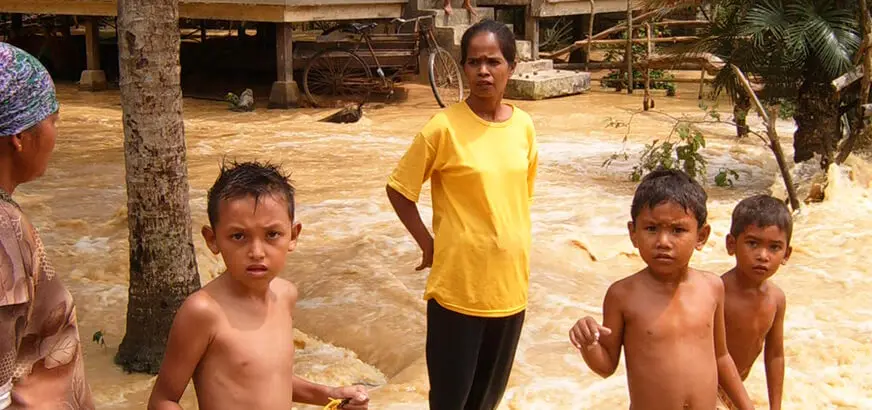WGF report 2 – Mutual Rights and Shared Responsibilities in Water Services Management
This report looks into the specific work to improve the relations between water users and water services providers as a way to improve water services delivery, as supported by programmes in Albania and the Philippines.

It highlights the importance of the user-provider relation from a regulatory as well as a human rights perspective. The two cases are presented as innovative and promising approaches for how, by clarifying the mutual understanding of the mutual rights and obligations of water users and service providers, the quality of and access to water. It is also suggested as a practical means to further the human right to water services can be improved. It is also suggested as a practical means to further the human right to water.
In Albanian it was found that
- most water companies in the country operated without contractual relations to their customers, and that the few that were in place tended to mainly protect the rights of the suppliers – not the consumers,
- through negotiations between Consumer Protection Commission and producer organizations, the Water Regulatory Authority of Albania could develop a model service contract addressing the fairness and legality of the relationship between water consumers and service operators.
In the Philippines
- Localised Customer Service Codes have been developed through participatory processes with service
providers and its customers in village settings formalizing the social contract between water users and water service providers. - Based on feasibility studies and consultative meetings, different service options and cost levels are
discussed to determine the appropriate level of services and tariff acceptable and feasible for both the providers and the communities. - The Codes have helped achieve more reasonable tariffs and conditions, improved collection efficiency, and several cases of upgrading of water services.
A Human Rights Based Approach (HRBA) to development cooperation implies that all activities should further the realization of human rights. It involves the strengthening of the capacities of duty bearers and rights-holders, which has been a central theme in several water and sanitation governance programmes supported by the MDG-F.
The present report looks into the specific work to improve the relations between water users and water services providers as a way to improve water services delivery, as supported by programmes in Albania and the Philippines.
The report highlights the importance of the user-provider relation from a regulatory as well as a human rights perspective. The two cases are presented as innovative and promising approaches for how, by clarifying the mutual understanding of the mutual rights and obligations of water users and service providers, the quality of and access to water services can be improved. It is also suggested as a practical means to further the human right to water.



